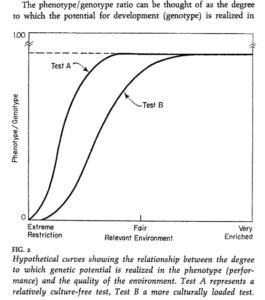http://infoproc.blogspot.com/2012/07/genome-sequencing-of-human-sperm.html
The entire genomes of 91 human sperm from one man have been sequenced by Stanford University researchers. The results provide a fascinating glimpse into naturally occurring genetic variation in one individual, and are the first to report the whole-genome sequence of a human gamete — the only cells that become a child and through which parents pass on physical traits. …
To conduct the research, Wang, Quake and Behr first isolated and sequenced nearly 100 sperm cells from the study subject, a 40-year-old man. The man has healthy offspring, and the semen sample appeared normal. His whole-genome sequence (obtained from diploid cells) has been previously sequenced to a high level of accuracy.
They then compared the sequence of the sperm with that of the study subject’s diploid genome. They could see, by comparing the sequences of the chromosomes in the diploid cells with those in the haploid sperm cells, where each recombination event took place. The researchers also identified 25 to 36 new single nucleotide mutations in each sperm cell that were not present in the subject’s diploid genome. Such random mutations are another way to generate genetic variation, but if they occur at particular points in the genome they can have deleterious effects.
It’s important to note that individual sperm cells are destroyed by the sequencing process, meaning that they couldn’t go on to be used for fertilization. However, the single-cell sequencing described in the paper could potentially be used to diagnose male reproductive disorders and help infertile couples assess their options. It could also be used to learn more about how male fertility and sperm quality change with increasing age.
Pretty cool! Gotta love genomics!
